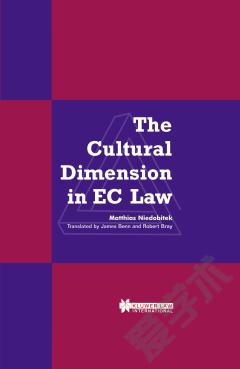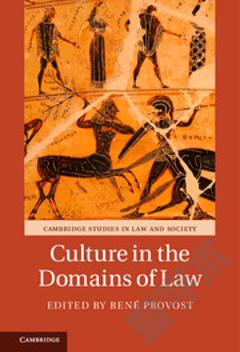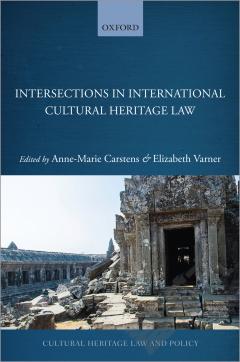The Cultural Dimension in EC Law
This work analyses the options and powers which exist at Community level for taking action in the sphere of "culture" - the EC's cultural jurisdiction - and the Member States' room for manoeuvre in this field. The term "culture" links together three aspects of life in society which cannot be measured by the yardstick of economic efficiency, namely education, science and culture in the narrower sense. Individual aspects of the EC's cultural jurisdiction have previously been covered in varying degrees of detail in the literature, prompted by decisions of the Court of Justice or the adoption of legislation by the Community institutions, and particular attention has been paid to the question of the EC's powers in the fields of education and broadcasting. However, there have been fewer general investigations encompassing the various individual problems and the principles of the relationship between culture and EC law. This study therefore attempts to fill the gap which has been found to exist in the literature on European Community law.This book is an English version of the author's doctoral thesis, which was awarded the Wolters Kluwer Award of 1993. In order to consider the changes brought about by the Maastricht Treaty, the author has added a section on the Treaty on European Union, which originally appeared in German as Die kulturelle Dimension im Vertrag über die Europ?ische Union in the magazine Europarecht (EuR 1995, 349-376).
{{comment.content}}








 京公网安备 11010802027623号
京公网安备 11010802027623号